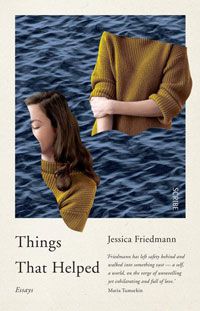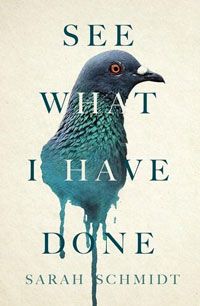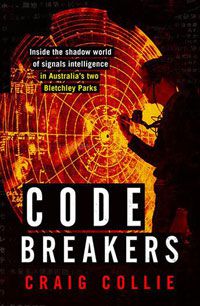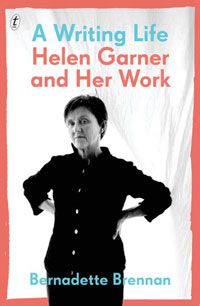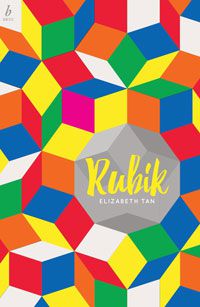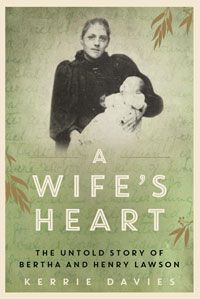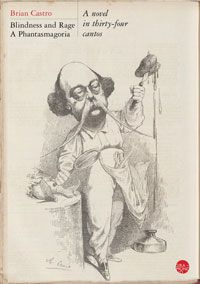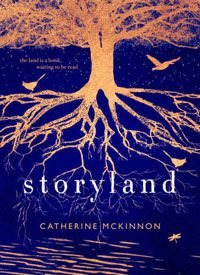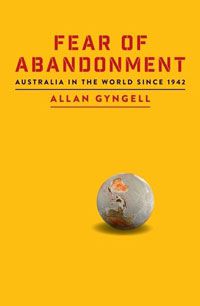Things That Helped by Jessica Friedmann
In this stunning collection of essays, Jessica Friedmann navigates her journey through postpartum depression after the birth of her son. Drawing on critical theory, popular culture, and personal experience, her wide-ranging essays touch on class, race, gender, and sexuality, as well as motherhood, creativity, and mental illness.
See What I Have Done by Sarah Schmidt
On 4 August 1892 Andrew and Abby Borden were murdered in their home in Fall River, Massachusetts. During the inquest into the deaths, Lizzie Borden was arrested and charged with the murder of her father and her stepmother. In her debut novel, Sarah Schmidt imagines this iconic true story for modern readers, and asks what really happened that day in Fall River.
Code Breakers by Craig Collie
At the height of World War II in the Pacific, two secret organisations existed in Australia to break Japan’s military codes. They were peopled by brilliant and idiosyncratic cryptographers who unravelled the codes in Japanese signals and played a crucial role in the battles of Midway and the Coral Sea. It is also an extraordinary story of a unique group of men and their rivalries, of white-anting and taking credit for others’ achievements.
A Writing Life by Bernadette Brennan
Bernadette Brennan’s A Writing Life is the first full-length study of Helen Garner’s 40 years of work – a literary portrait that maps all of the author’s books against the different stages of her life. Brennan has had access to previously unavailable papers in Garner’s archive, and she provides a lively and rigorous reading of the books, journals and correspondence of one of Australia’s most beloved writers.
Rubik by Elizabeth Tan
Elena Rubik can’t seem to stay dead. She persists – as a set of corneas, as a newsletter subscriber, as a member of fanfiction forums. Meanwhile, her best friend Jules Valentine is unwittingly persuaded to take part in an indie-film turned corporate branding stunt. When Jules leaks information about the true story behind the video, wannabe investigative reporter April Kuan is assigned the case. But as April trails Jules all over Perth she too becomes ensnared in the machinations of shady corporate interests as the very laws of physics and time begin to bend.
A Wife’s Heart by Kerrie Davis
Henry Lawson is a revered cultural icon, but despite his literary success, he descended into poverty and an early death. While many blamed his wife for his decline, Bertha Lawson alleged in April 1903 that Henry was habitually drunk and cruel, leading her to demand a judicial separation. In A Wife’s Heart, Kerrie Davies provides a rare account of this tumultuous relationship from Bertha’s perspective, in an era when women’s rights were advancing considerably.
Blindness and Rage by Brian Castro
Brian Castro has won or been shortlisted for most of Australia’s literary prizes; he remains the quintessential ‘writer’s writer’. His new novel is a part-serious, part-comic fantasy on the present fate of literary authors, who might as well be anonymous, or dead, for all the recognition that they are likely to receive for their writing. Told in 34 cantos, it tells the story of an Adelaide town-planner writing a book-length poem, and travelling to Paris to join a secret literary society that encourages its authors to commit suicide, unless they’re terminally ill.
Storyland by Catherine McKinnon
Set on the banks of Lake Illawarra and spanning four centuries, Storyland is structured as an unfurling narrative of interlinking stories. Catherine McKinnon weaves the story of Will Martin, a cabin boy for Matthew Flinders, together with four others: a desperate ex-convict, Hawker, who commits an act of terrible brutality; two sisters and a brother who run a dairy farm in 1900 and come under suspicion for a crime they didn’t commit; Bel, a young girl who goes on a rafting adventure with her friends in 1998 and is unexpectedly caught up in violent events; and in 2033, Nada, who sees her world start to crumble
Fear of Abandonment by Allan Gyngell
Allan Gyngell tells the story of how Australia has shaped the world and been shaped by it since it established an independent foreign policy, during the dangerous days of 1942. He argues that the fear of being abandoned – originally by Britain, and later by our most powerful ally, the United States – has been an important driver of how Australia acts in the world. This vivid narrative history reveals how Australians and their governments have helped create the world we now inhabit.


